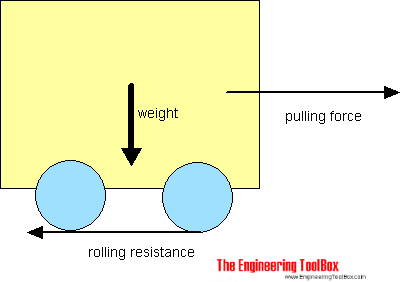3 (e) explain the effects of friction on the motion of a body.
Newton's first law of motion states
"An object will continue its state of rest or motion unless and until no external force is applied on it"
According to Newton's first law, if we apply a force to any object, it should have continued moving endlessly! But it does not, because there are a number of external forces acting on an object while it is moving e-g friction, air resistance, weight etc. In this topic, we will be talking about one of these forces, Friction
Friction
Friction can be defined as the resistance one object encounters while moving over another object. It always opposes the motion of an object. E-g if you push a ball along a flat wooden surface, there would be friction, or let's say a resistive force between the wooden surface and the ball due to the movement of the ball. This resistive force would be in the opposite direction of the movement of the ball. Eventually the ball stops moving, mostly due to the factor of friction.


No comments:
Post a Comment